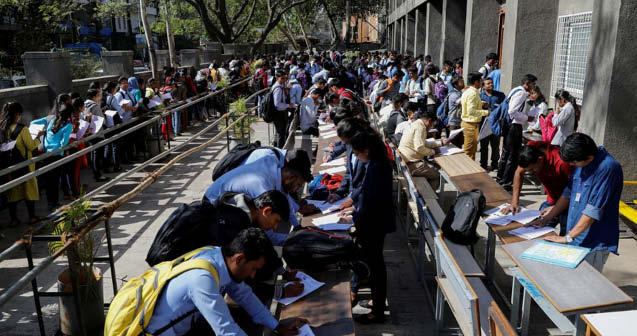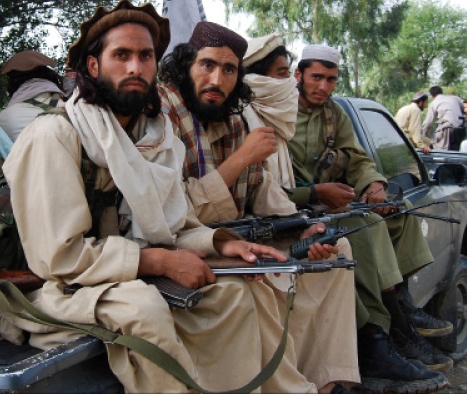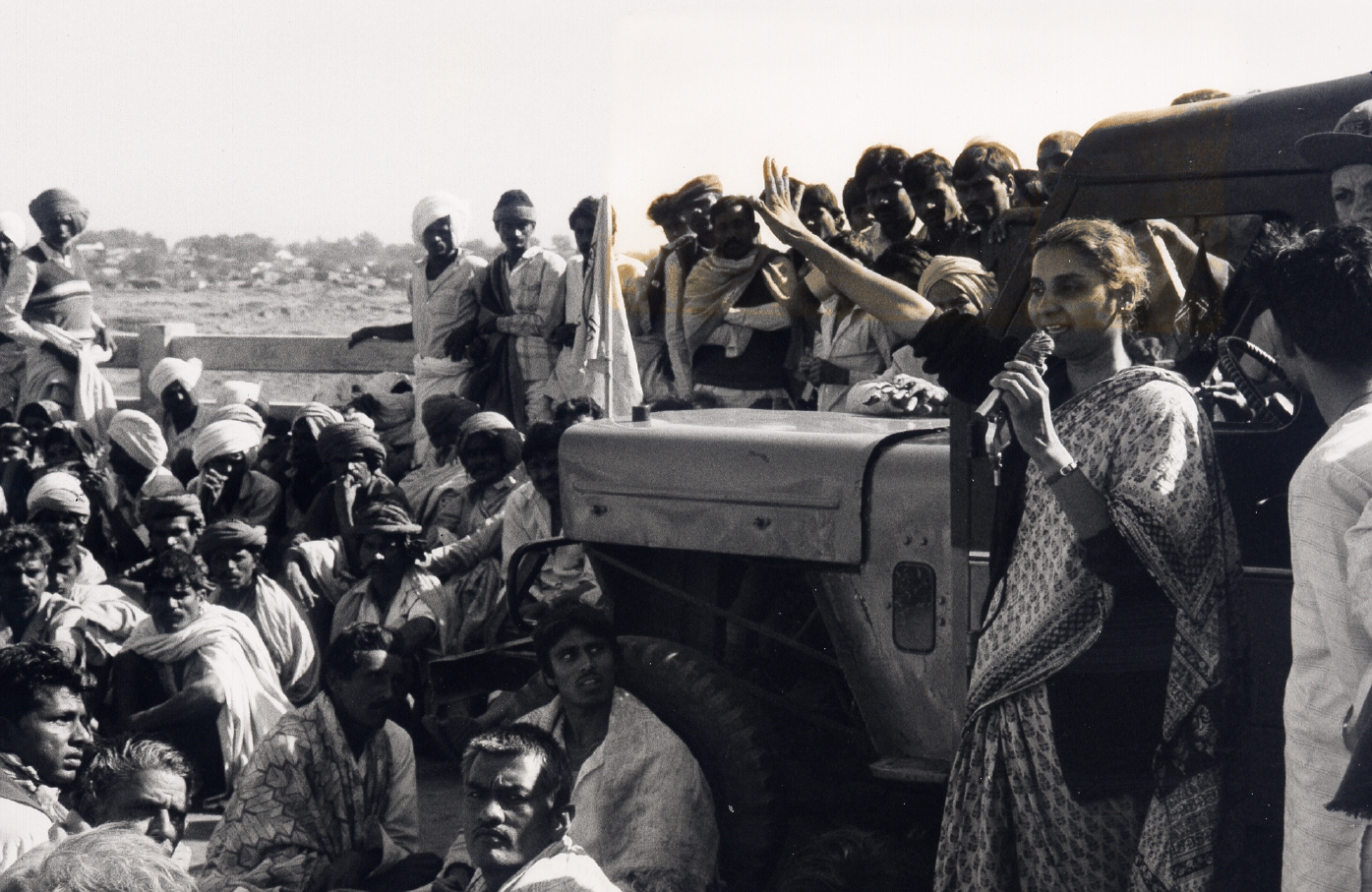If there is one thing about the coronavirus and the associated economic lockdown that has emerged as a major challenge before the Indian government, it is the extreme shortage of livelihood opportunities in the country and the resultant large scale unemployment and rising poverty. Lakhs and lakhs of Indian migrant workers have been robbed of their jobs in both the formal and the informal economy and most of them have also been compelled to return back to their native villages, after the announcement of the nationwide lockdown left them with little options to survive in the metro cities.
The announcement of the nationwide lockdown left lakhs of Indian migrant workers without any source of livelihood.
It is in this context that in a latest development, the PM Narendra Modi led government has announced the Garib Kalyan Rojgar Abhiyaan, a massive public works campaign, to provide them work in 25 government schemes.
PM Narendra Modi is all set to join the campaign from 20th June from the Khagaria district of Bihar, which will be going to polls later in this year. It looks like the election campaign in Bihar is in full speed despite the pandemic and the BJP is in full election mood. It has already organised a virtual rally in the state on June 7.
The total outlay of the 25 schemes are all part of the budget scheme and has a total of funds Rs 50,000 crore.
Finance Minister Nirmala Sitharaman has said that the election campaign in Bihar will run for 125 days and will cover 116 districts of Bihar, Madhya Pradesh, Uttar Pradesh, Rajasthan, Jharkhand and Odisha. These states have accounted for the largest number of returning migrant workers ever since the lockdown first started.
The criteria for choosing these districts included that there should at least be 25,000 returning migrants. The government said that it had arrived at the decision after through skill mapping of the majority of workers and will ensure that the scheme tackles the issue of employment and loss of livelihood.
Based on the skill and capabilities, the government has conceptualised and planned a series of rural public work schemes that are targeted to empower and provide livelihood opportunities to returnee migrant workers.
The government also promised to ensure that there is no lack of funds and that the scheme will incorporate all migrant workers who have been forced to return back due to the pandemic and the associated lockdown in the country.














